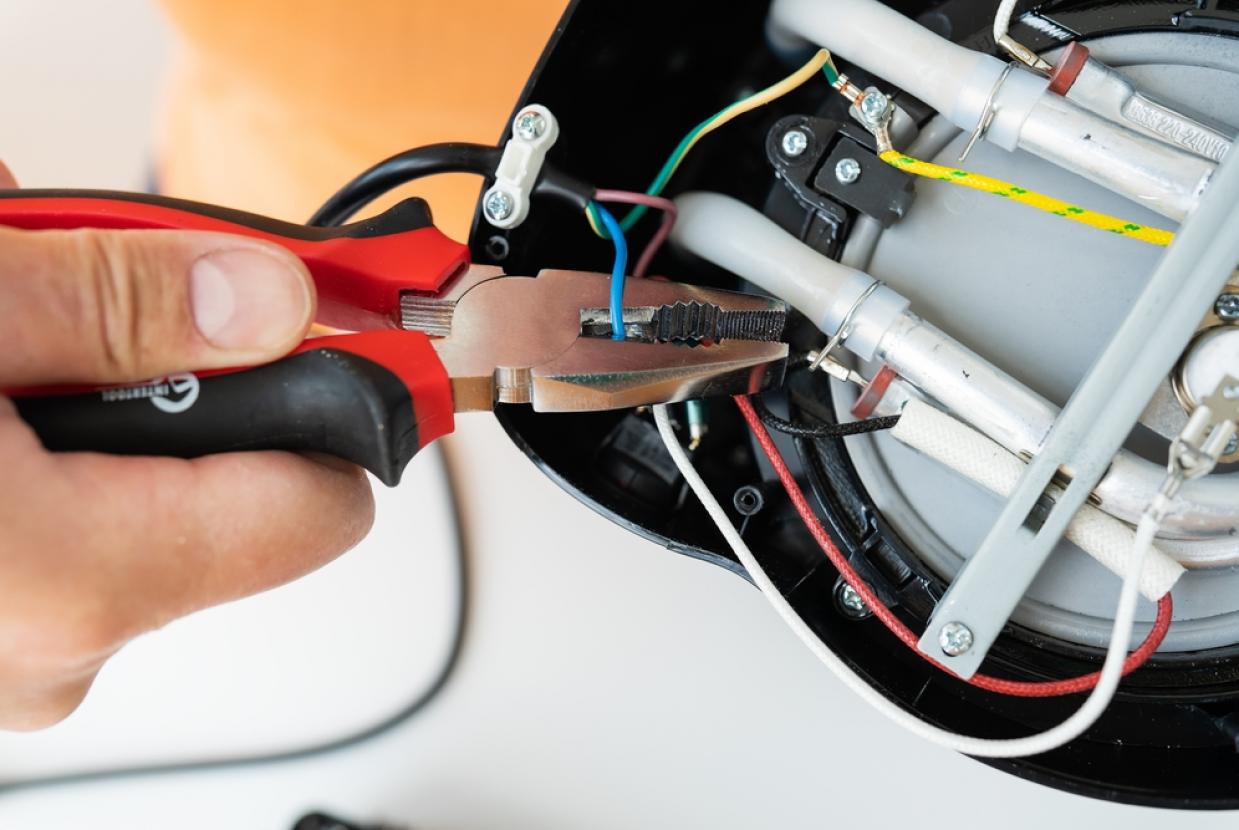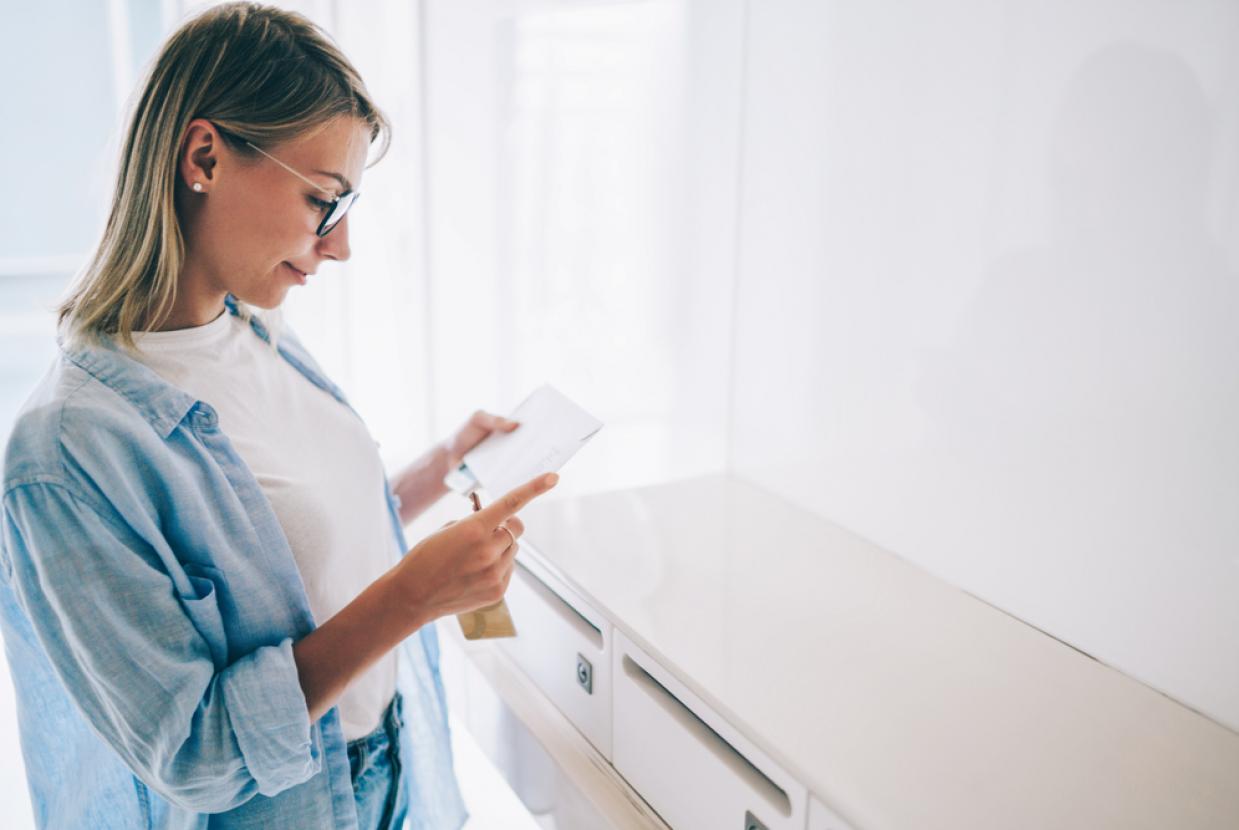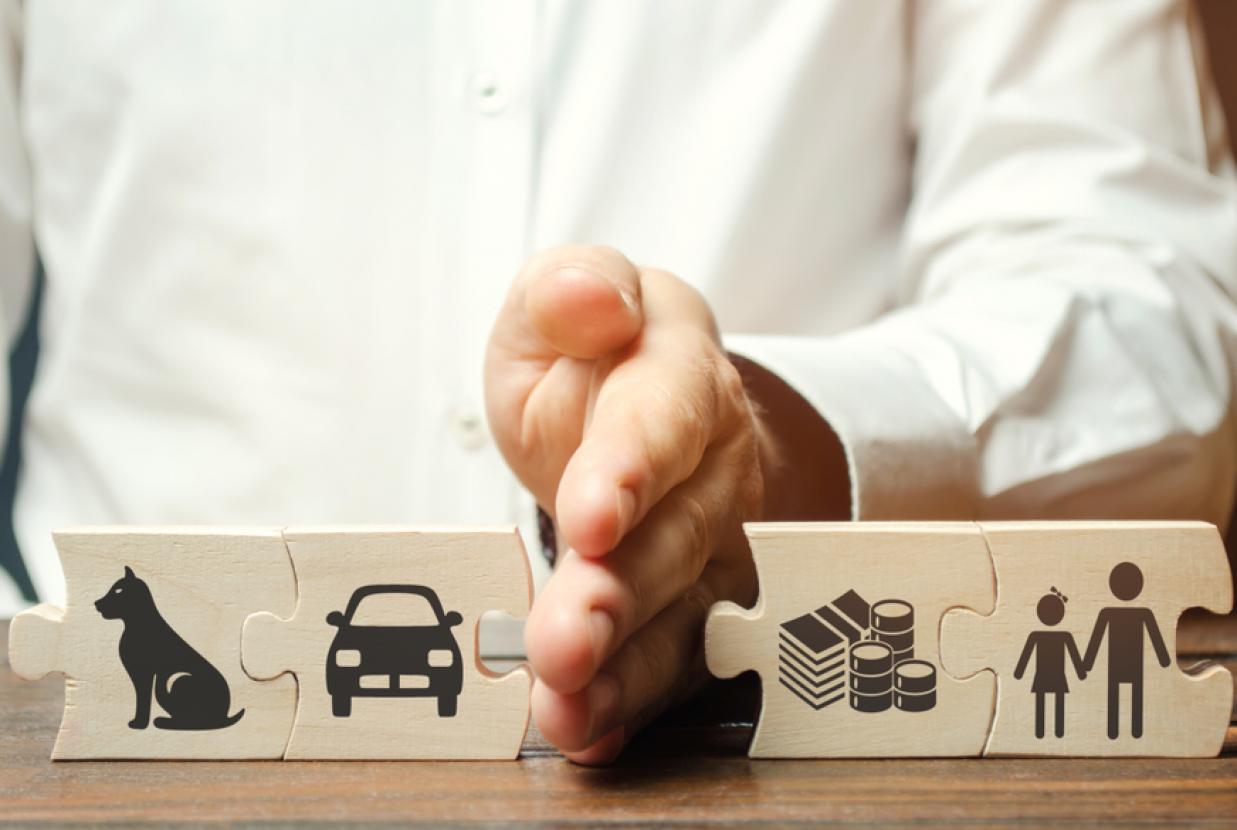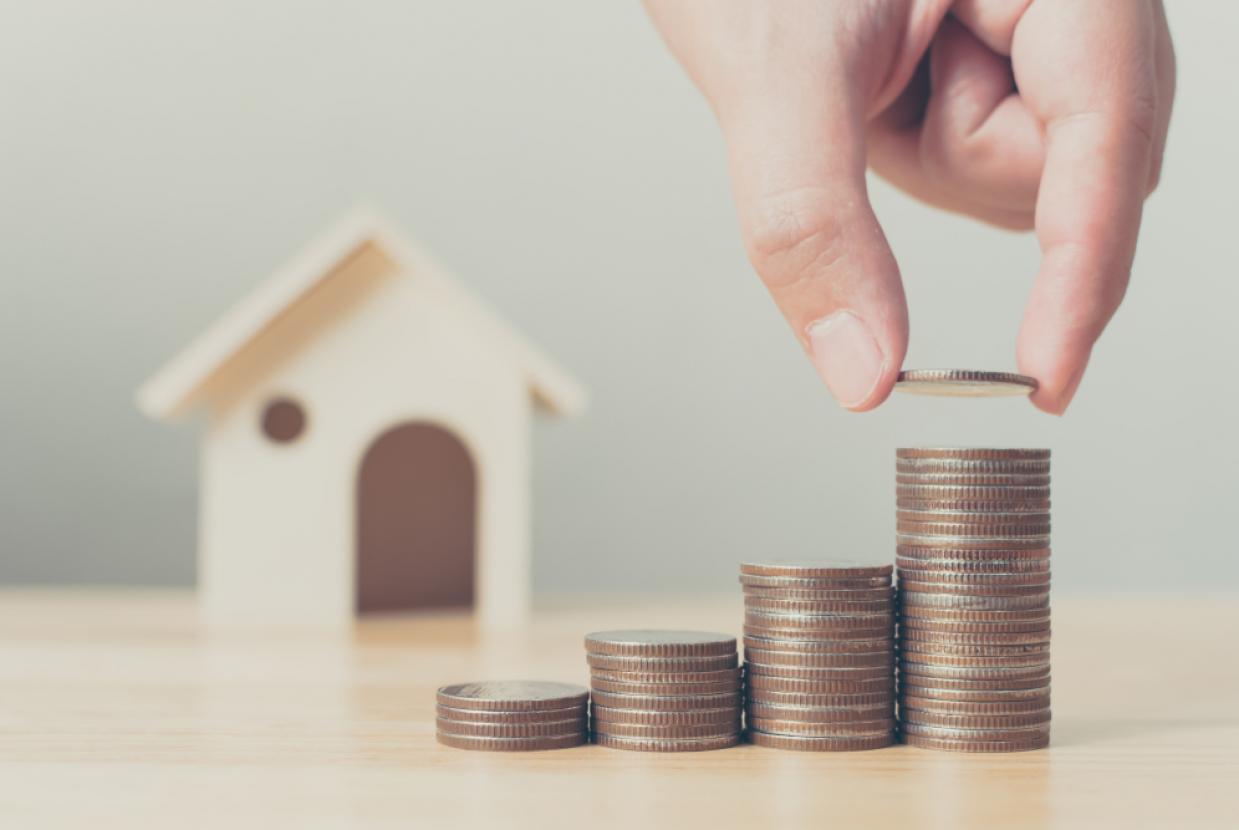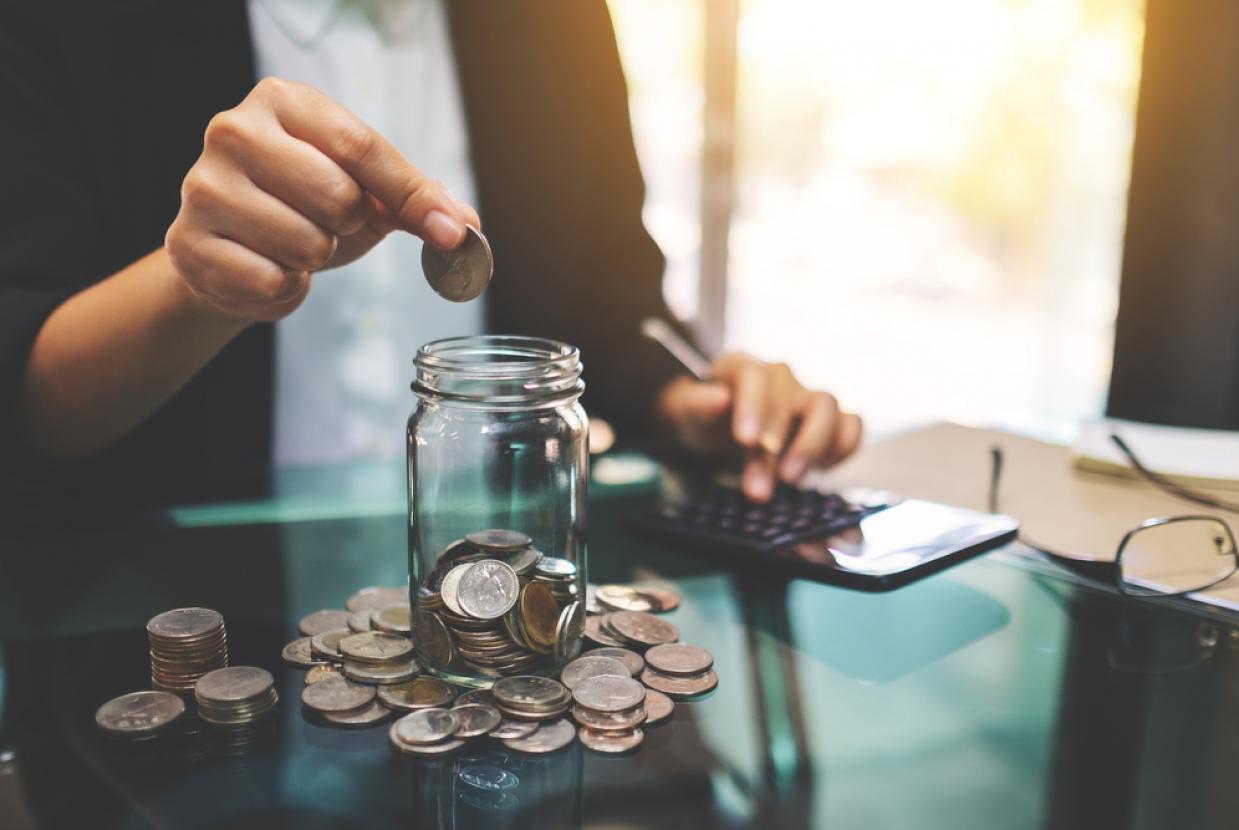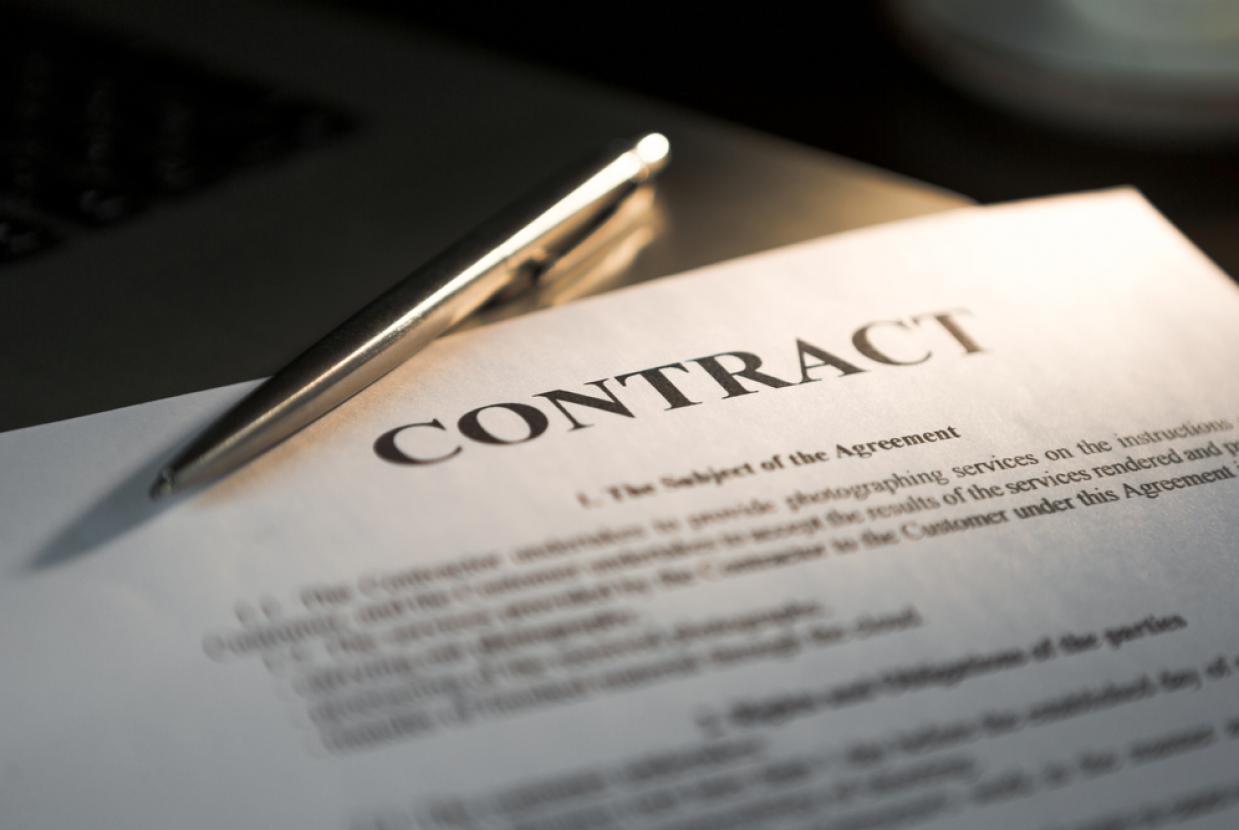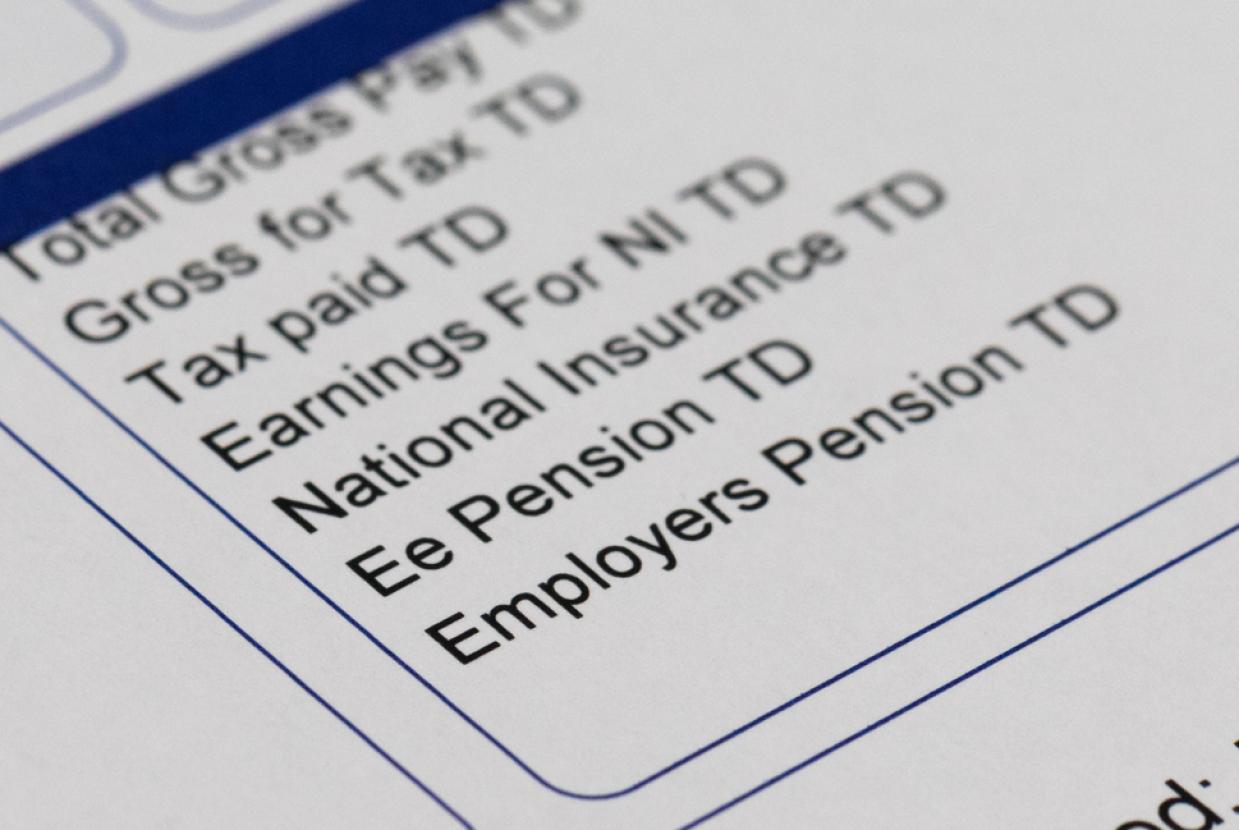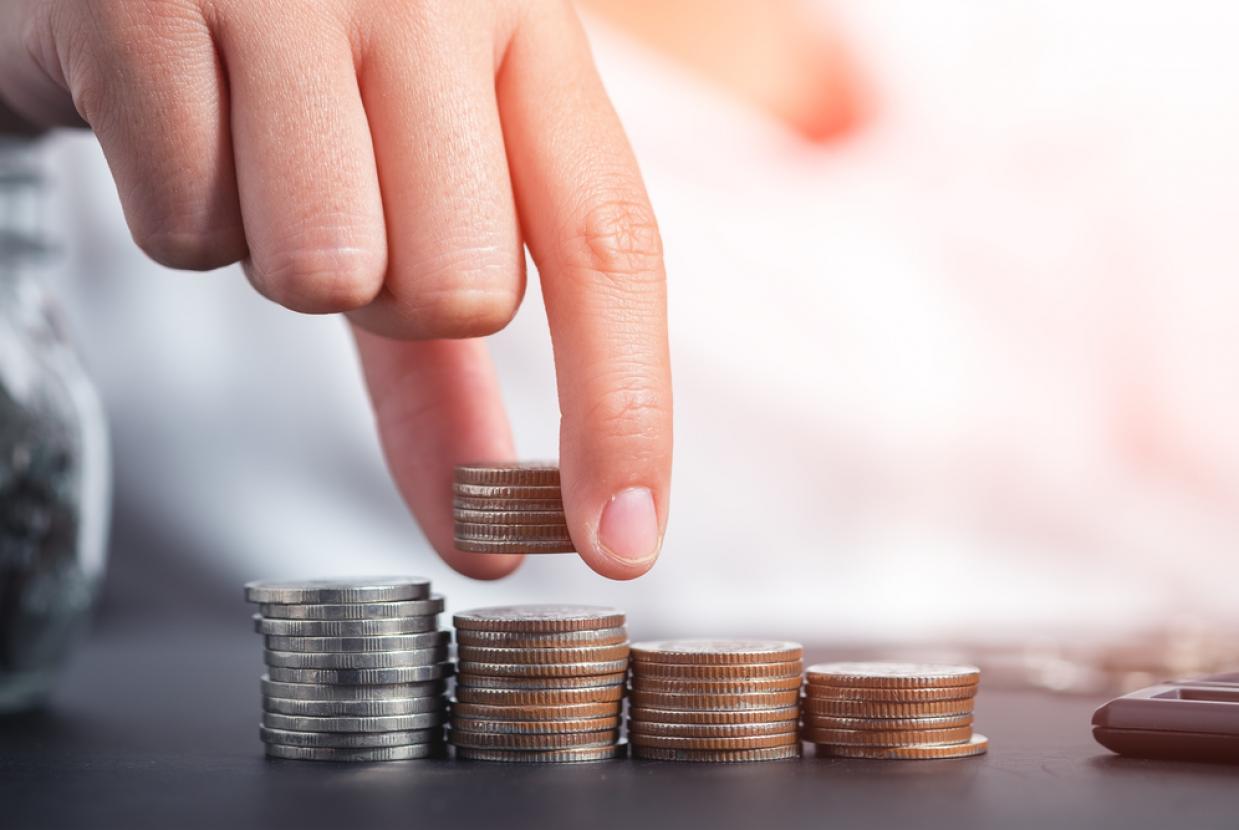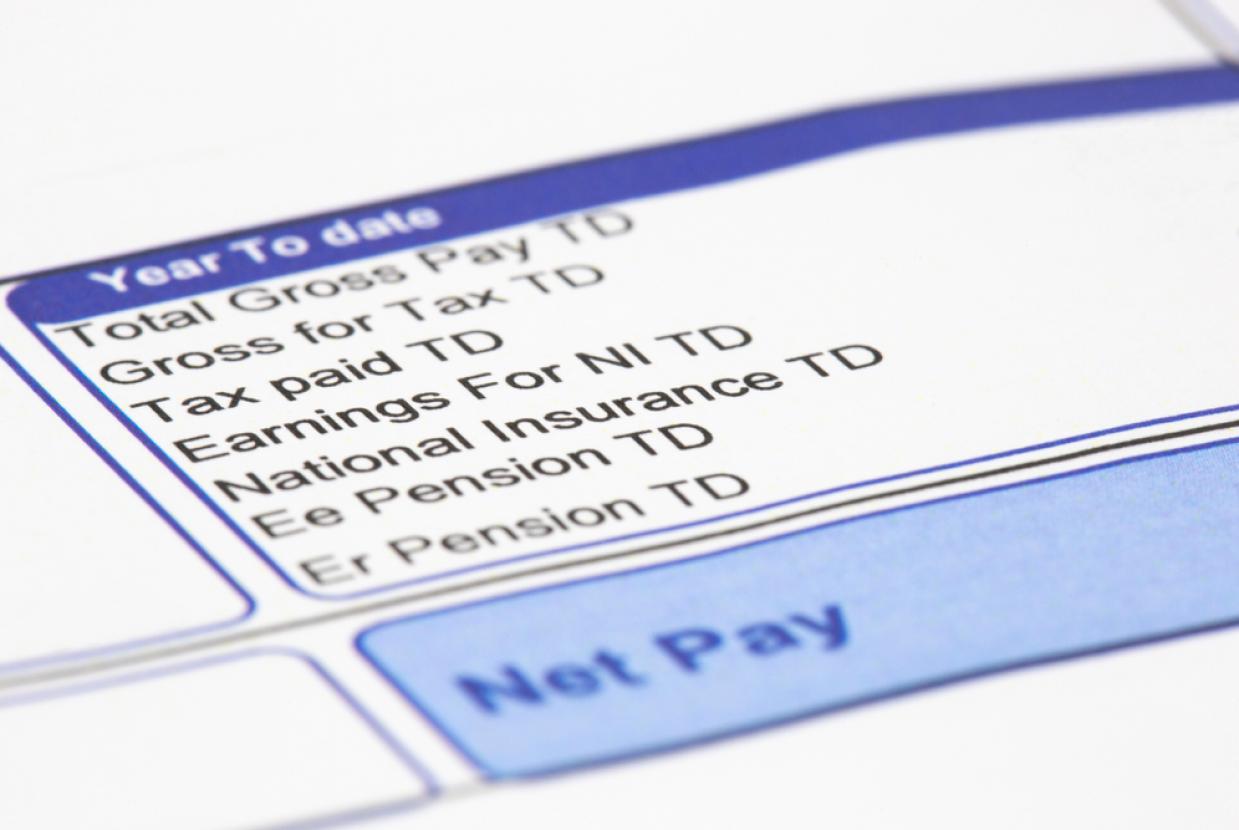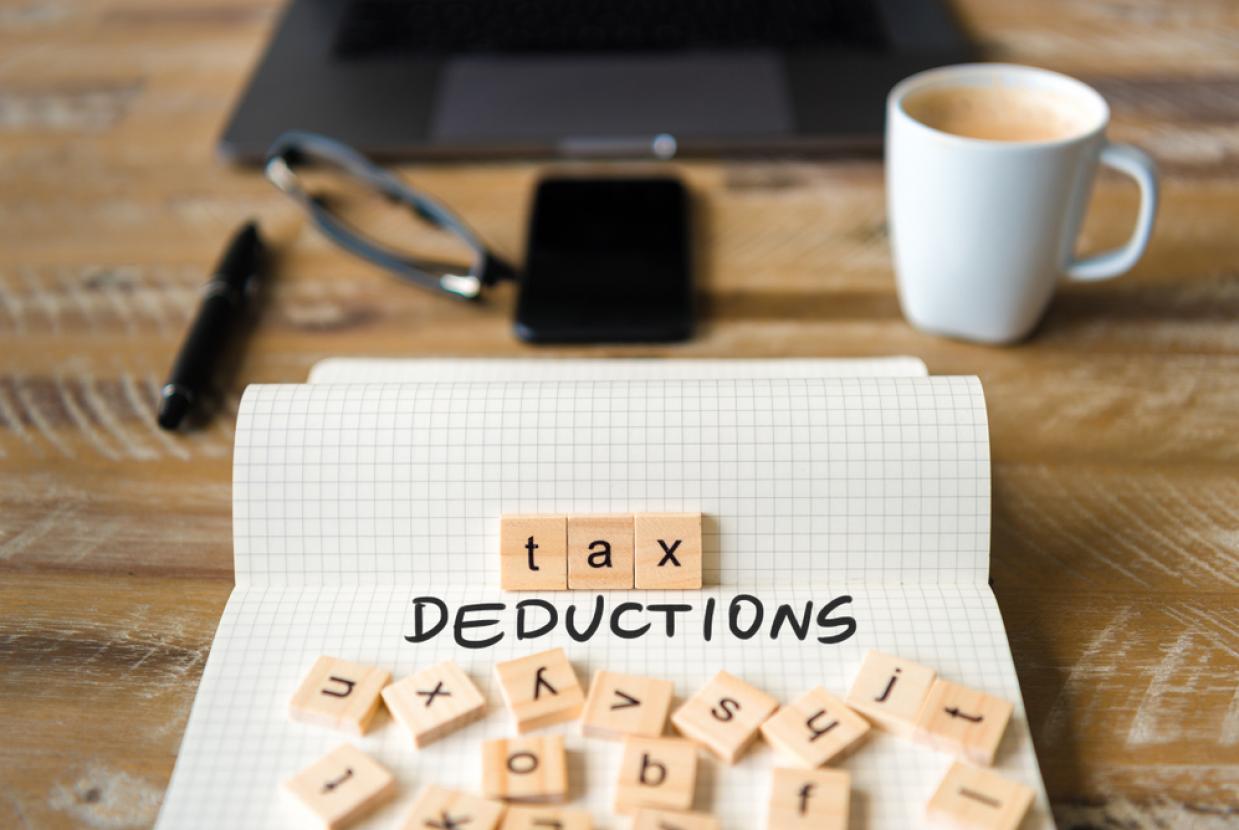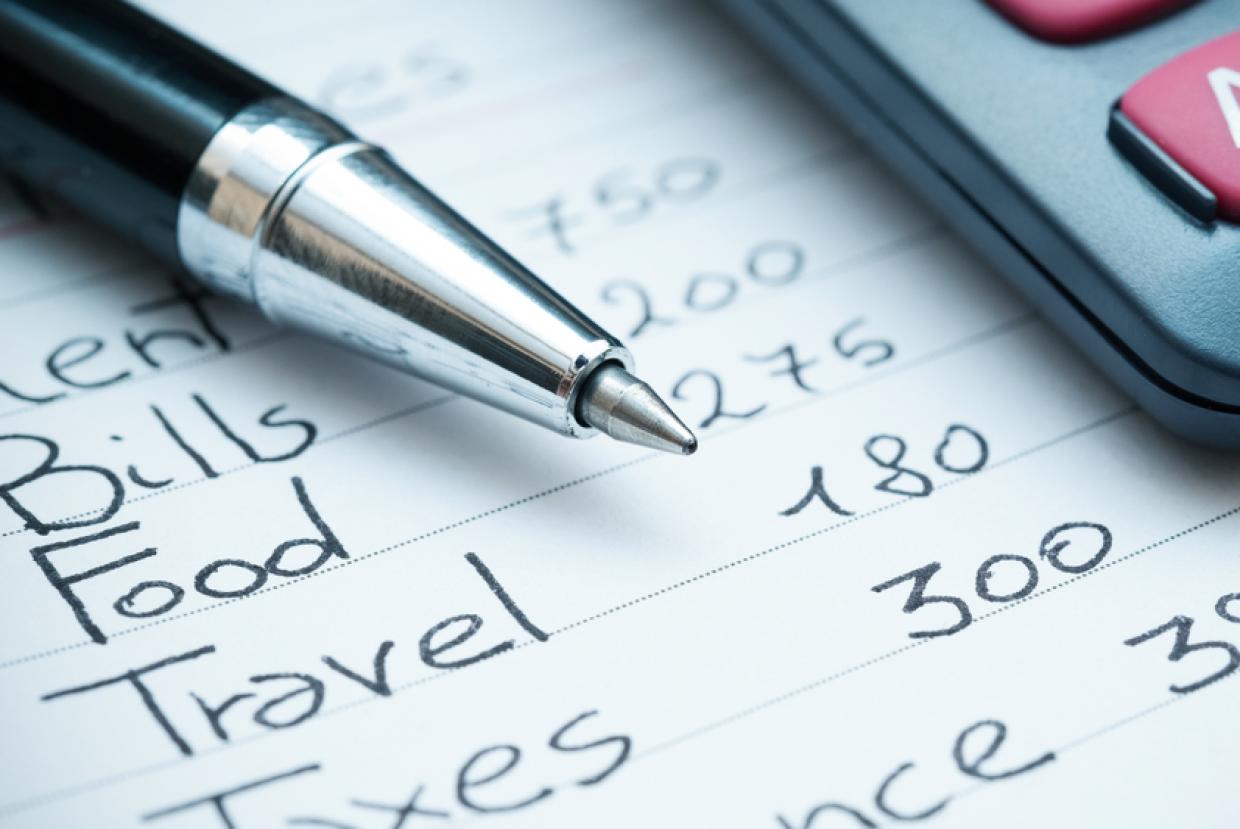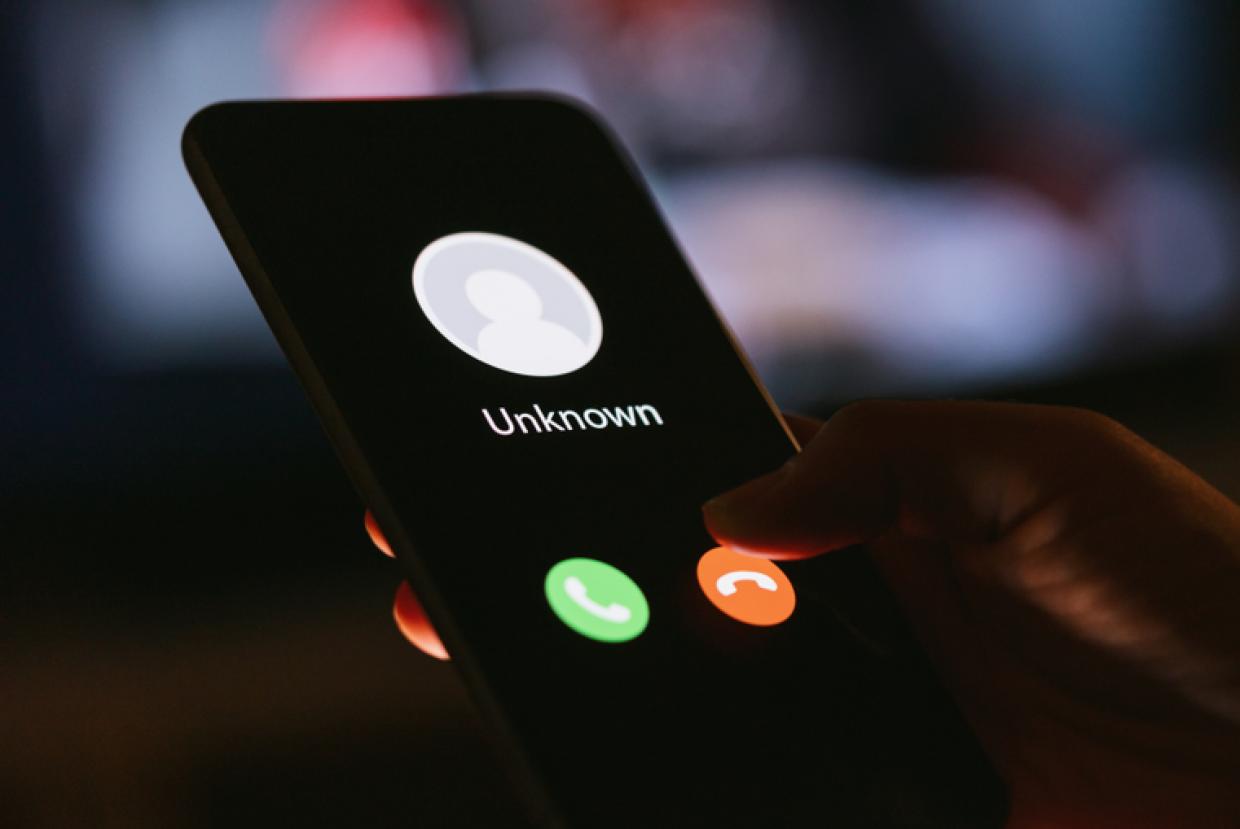Saving Money For A Holiday
Financial HealthSaving up for a holiday and paying for it with cash is usually the best option for your finances. When you don’t have to borrow money, you’ll come home relaxed, not restless with money worries. Here you can find a step-by-step guide on how you could save up for your next holiday.
Finding money to save even when you don’t feel you have any
Saving isn’t always easy, but it’s always something you could try to aim for. A lack of spare money is a common difficulty to saving. There are some things you can do though that’ll help you find some extra money that you can put towards your savings. They include:
- review your household bills and switch energy suppliers to save around £300 a year. Check you’re getting all the benefits you’re entitled to
- get control of your budget by reviewing your income and spending
- reduce spending in your biggest areas.
Set a budget
It’s important to figure out how much you want to save and how much you can afford to put aside each month. Here’s how to do it. First, make a list of all the items you’ll need to take care of before you go:
- travel money
- Travel insurance
- accommodation
- sun cream and toiletries
- travel (flights or fuel costs)
- holiday clothes and swimwear
- car hire (and car excess insurance)
Second, think about the day-to-day expenses on holiday like:
- excursions
- holiday treats
- entertainment
- food and drink
Add all these costs together and you have your savings goal. You might be able to get holiday costs down a bit too, meaning you’ll have to save a little less money.
Start saving
Treat saving the same as paying a bill and commit to saving a regular sum each month or week. This way it’ll be much easier for you to budget savings and spending. But be realistic - it’s better to commit to a small, manageable sum than to try too hard and give up.
If your income varies from month to month or even week to week, put aside an amount you know you can stick to, however small it might feel. You can always add to it later. The trick is to not touch the money you’ve set aside.
Tips to help you start saving
- Start small by putting spare change into a jar each week. Saving £3 a day means you’ll save £1,095 in a year.
- If this works, set aside a bit more on a regular basis.
- If this is difficult, save what you can as regularly as you can. Every bit makes a big difference.
- Try saving socially, for example, with a friend, and check in with them to see how it’s going.
- Make it visual and track your progress with a chart – you can put something up on the fridge or on a wall in your bedroom.
- Use a Direct Debit or standing order to automatically take a regularly amount of your pay and put it into a savings account so you’ll never forgot to save.
- Name your goal – whether it’s a family trip to the UK coast or a romantic break in Rome, naming your goal will keep you motivated.
Stash your savings
It’s time to start thinking about where to keep your savings. Bank accounts make it easier and more secure to save your money. You might start with a coin jar - putting £10 away a week gets you £520 in a year. But make sure you transfer your money to a savings account when it builds up to a tidy sum. This way, you can earn a bit of interest on top.
Your bank will let you set up a separate pot for your holiday goal online. Set this up if you can as it’ll help you keep a target in view and track your progress.
Expect the unexpected
Almost three out of every four people experience at least one unforeseen expense a year. It’s for things like car breakdowns, the oven packing up or even a parking fine that could put a real dent in your savings goal.
The best way to not get caught out is to always put away a little something to cover these costs, even if your main saving goal is for a holiday.
Here’s how to make sure you’ve covered if something expensive unexpectedly happens:
- List out possible expenses
- What expenses do you think could come up? Is the car showing signs of wear, is the boiler or washing machine very old?
- Can you reduce the chance of the cost, by getting a service or insurance?
- Can you replace something cheaper in a sale now before it breaks completely or is someone you know offering something you will need or a skill you can get a discount on?
Work out how much a typical emergency fund is for you and this can help you have something to aim for! For all things money & saving, click here.











